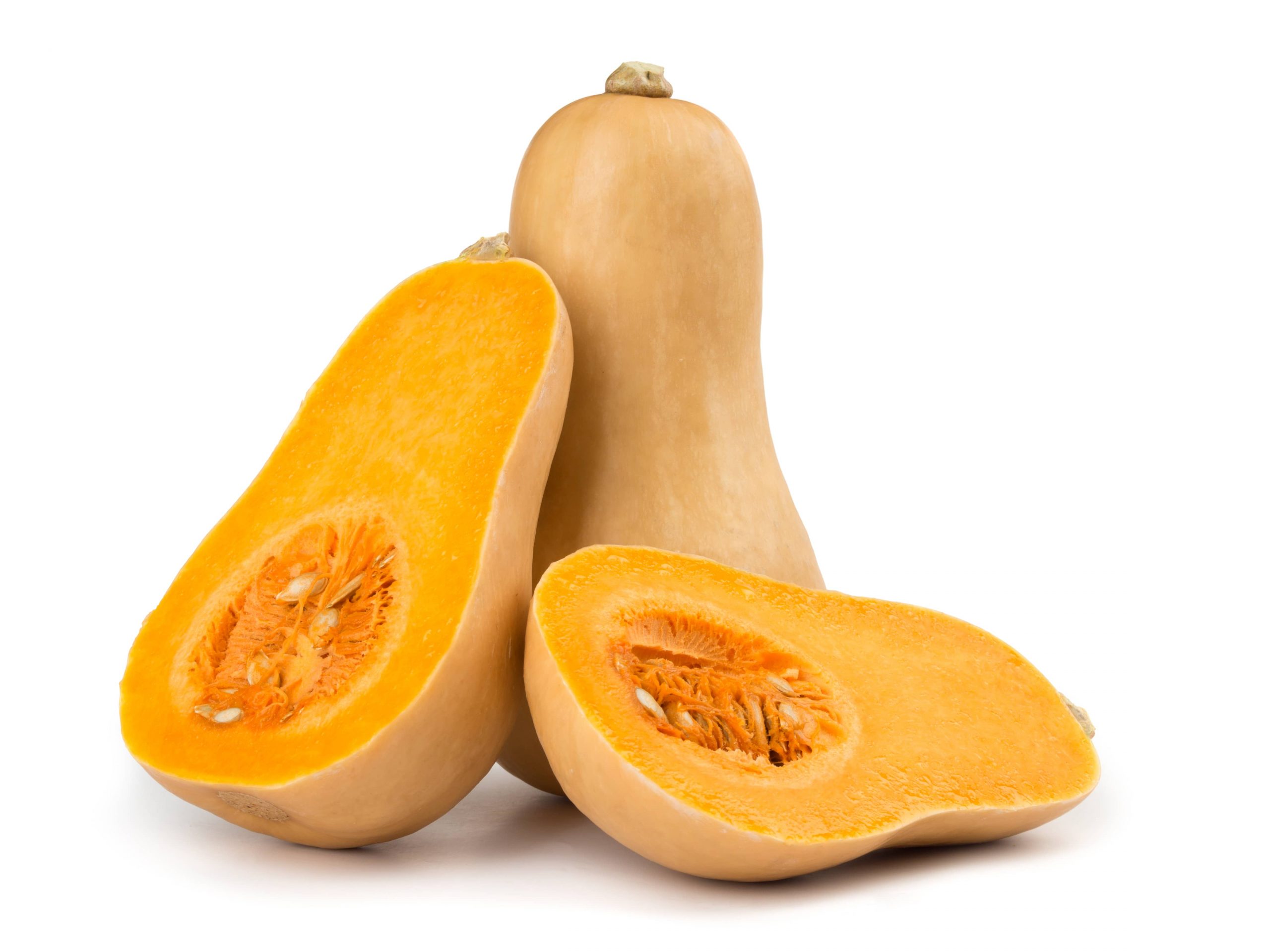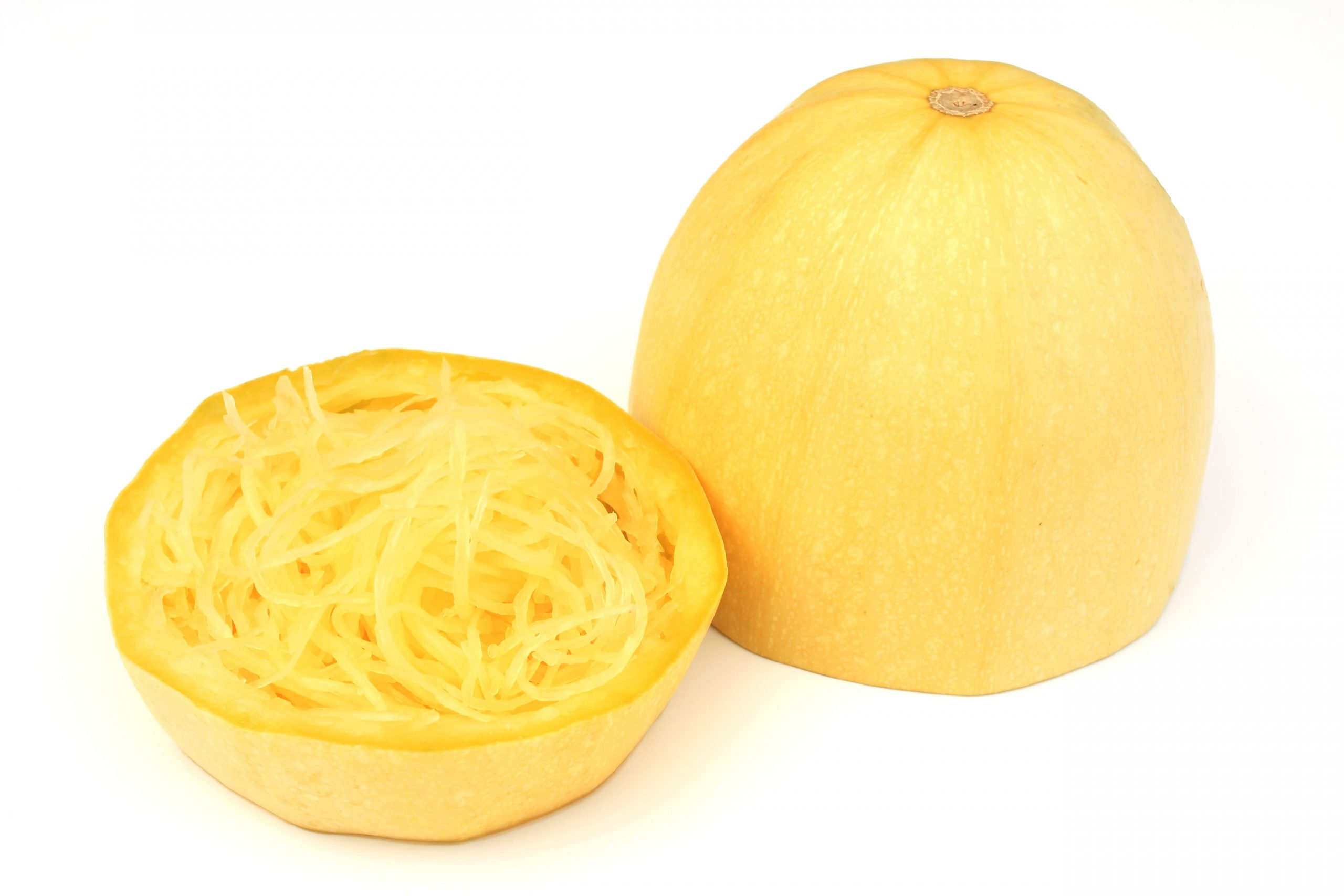Butternut squash is in the class of the Cucurbitaceae family and grows on a vine. Itis usually preferred to most fruits due to its nutty flavor, versatility, and sweet taste. Most people consider butternut squash as a vegetable, but it is a fruit. It is tasty and contains minerals, vitamins, antioxidants, and fiber, vital tothe body.
Butternut squash is rich in nutrients that are essential to the body. It reduces the risk of blood pressure, cancer, asthma, heart disease, and many others. Consuming butternut squash can improve overall health by enhancing digestion, vision, loss of weight, and bone strengthening. Perhaps you have already eaten this fruit or hoping to use it, but you are unaware of its benefits to the body.
It is important to understand all the roles of this fruit in our health because there are many cases of nutrition-based diseases in our society today. Due to this challenge, there is a need to know the importance of this fruit. Therefore, this article will highlight the advantages of butternut squash.
Boosts Digestion
Butternut squash is rich in fiber, and ahigh fiber diet helps promote a healthy digestive tract and inhibit constipation. Studies show that dietary fiber might reduce inflammation and boost immune function. Therefore, the fruithelps in reducing the risks of inflammation-related conditions such as diabetes, cancer, obesity, and cardiovascular disease.
A high fiber intake reduces cholesterol levels and lowers blood pressure. Studies suggest that 100g of butternut squash carries about 2g of fiber, essential in the digestion process. Many people suffer from constipation, stomach infections, and frequent vomiting. If you want a remedy to this problem, try incorporating butternut squash into your diet. Butternut squash cleanses your digestive system and decreases the risks of the complications above.
Controls High Blood Pressure
Consistent intake of butternut squash around one cup per dayis needed to boost body health. The nutrients contained in butternut squash are helpful for our cardiovascular system and ensure that blood pressure is kept at a normal level. The potassium component in this fruit regulates blood pressure by reducing the effect of sodium. Moreover, lowering blood pressure decreases the risks of serious health risks such as heart disease and stroke.
Helps in Weight Loss
Butternut squash hashigh contents of fiber. When one cup (250g) of butternut squash is cooked, it produces 83 calories and 7grams of filling fiber. This makesit an excellent food choice for weight and fat loss. Besides, it carries more fiber, fewer calories, and a small amount of fat.
You should incorporate such nutrient-packed food into your meals if your goal is to shed some weight. The fiber content escalates satiety (the feeling of fullness) which can assist you in managing weight. Research also shows that higher dietary fiber intake favors the reduction of body weight.
Prevent Cancer
Studies reveal that diets rich in certain antioxidants contained in butternut squash lower the risk of certain cancers. These compounds are carotenoid antioxidants and vitamin C. Higher dietary intake of vitamin C and carotene can alleviate the risk of developing lung cancer. Moreover, higher blood levels of beta-carotene can significantly reduce the risk of all-cause mortality.
Another research unfolds that butternut squash helps de-escalate the risk of both colon and prostate cancers. The antioxidant in this fruit is high and inhibits the formation of free radicals that cause cancer. Studies also reveal that individuals who eat more carotenoids such as beta-carotene are less likely to develop certain types of cancers.
Decreases Inflammation
Due to its accrued antioxidant content, butternut squash can have anti-inflammatory properties. As such, it can help manageinflammation associated with certain disorders like rheumatoid arthritis. Medically, those with a higher intake of the antioxidant beta-cryptoxanthin are less likely to develop arthritis.
Additionally, a higher amount of beta-cryptoxanthin reduces the risk ofdeveloping lung cancer by over 30%. Antioxidants inhibit or slow down cellular damage and lower inflammation, which decreases the chances of chronic diseases. This fruit has an adequate amount of beta-carotene that boosts immune responses and prevents diseases. Vitamin A improves the immune system by fighting autoimmune abnormalities and cancer. Additionally, this vitamin decreases inflammation which is the basis of various diseases.
Counteracts Heart Disease
Studies have shown that consumption of butternut squash is effective in preventing cardiovascular diseases. The antioxidants contained in bright-colored vegetables and fruits have a powerful effect on heart health. The carotenoids found in them offer protection to the heart by reducing inflammation, blood pressure and controlling the expression of certain genes related to heart disease.
Medical research shows a link between the eating of carotenoid-rich fruit and cardiovascular disease (CVD) mortality. The risks of cardiovascular disease are low to people with the highest intake of carotene-containing fruits and vegetables. Therefore, butternut squash contains high contents of potassium that support normal blood pressure.
PromotesVision Health
Butternut squash has vitamin A due to the beta-carotene compound found in it. An enzyme breaks down beta-carotene to yield vitamin A, and the body only converts the amount it needs. Consumption of this fruit gives your body enough vitamin A possibly with abundant beta-carotene to spare. Beta-carotene is an antioxidant component beneficial for good eye health.
Large amounts of beta-carotene are connected with reduced risks of macular degeneration, glaucoma, cataracts, and other vision complications. Additionally, butternut squash has zeaxanthin and lutein, mostly found in yellow fruits and vegetables. Along with beta-carotene and vitamin A, they protect your eyes from ultraviolet rays.
Controls Diabetes
Butternut squash has an indigestible fiberthat may assist in maintaining your blood sugar from hiking after a meal. This fruit also contains a low glycemic index, which means that its carbs will be digested slower, preventingblood sugar from rising. Very low glycemic index stabilizesblood sugar levels.
The butternut squash fruitalsocontains appreciable amounts of dietary fiber and might include a polysaccharide called pectin. Furthermore, this pectin is a beneficial element in blood sugar regulation. It ensures that the insulin and glucose activities in the body remain smooth and constant.
Conclusion
Butternut squash contains vitamins and minerals. It is a reliable source of carotenoids, including beta-cryptoxanthin, beta-carotene, and alpha-carotene. You need to understand the advantages of butter squash and its compounds to know its benefits to your health. However, to improve your health using this food, you should be responsible enough to actfollowing a doctor’s prescription.
- Our Big Kitchen’ (OBK) is a non-profit organization located in Sydney, Australia - April 10, 2023
- Duos CBD, a hemp product E-commerce website - April 10, 2023
- SOFA SPOONING SEX POSITION - April 7, 2023







